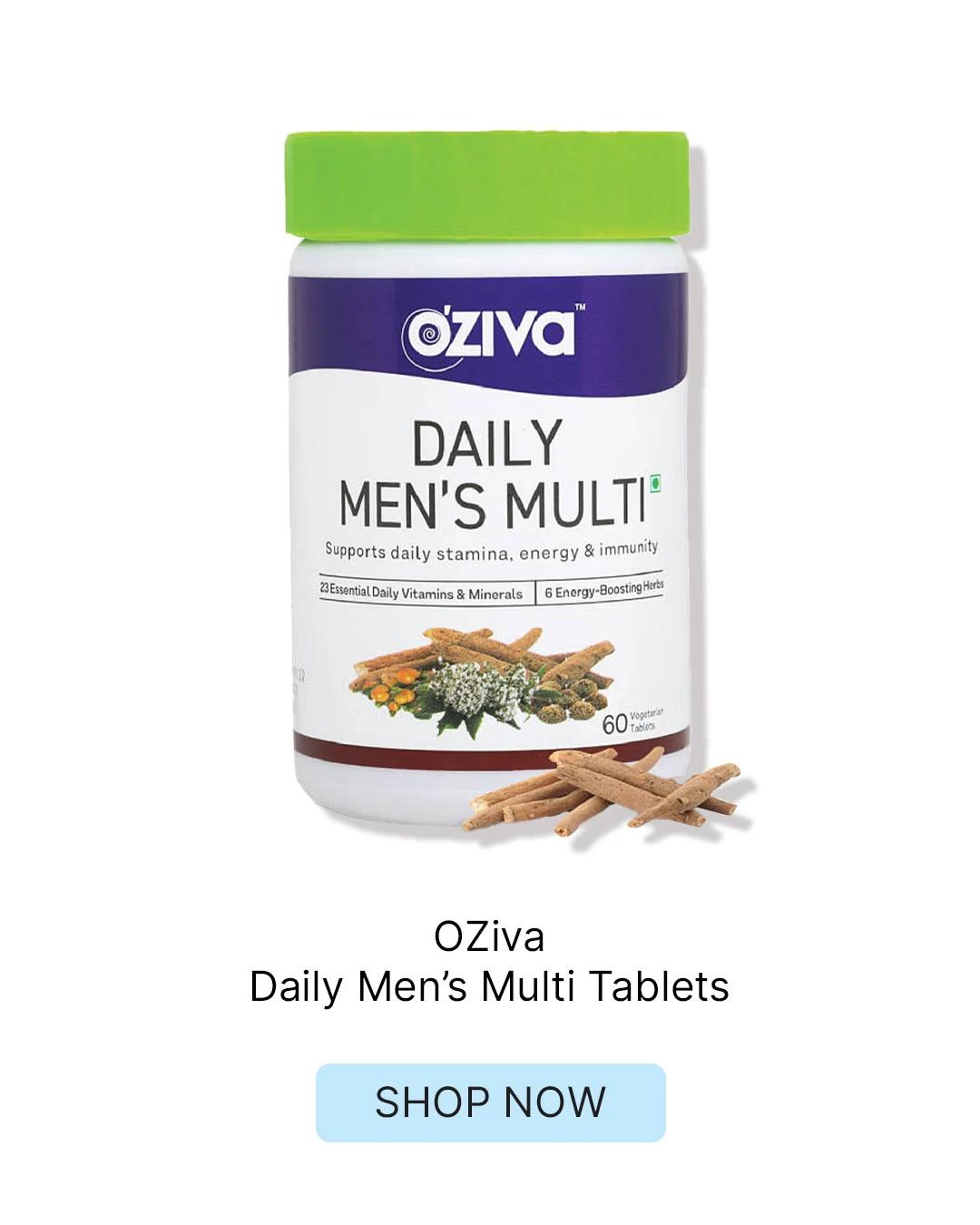Calcium Needs During Pregnancy and Breastfeeding
Pregnant and breastfeeding women need extra calcium to support their baby's bone development while maintaining their own bone health. Most prenatal vitamins include calcium, but you might need additional supplementation. Your baby will take calcium from your bones if your diet doesn't provide enough.
Menopausal and Post-Menopausal Women
Menopause nutrition becomes crucial as oestrogen levels drop, leading to faster bone loss. Post-menopausal women often need higher calcium intakes—around 1,200mg daily—combined with weight-bearing exercise to maintain bone density. This is when many women first consider calcium supplementation seriously.
Vegan and Dairy-Free Women
Dairy alternatives and plant-based sources can provide calcium, but it requires more planning. Fortified plant milks, tofu, tahini, and leafy greens are good options. Many vegans find supplements helpful to ensure consistent intake, especially calcium citrate which doesn't require stomach acid for absorption.
Frequently Asked Questions
What are the best calcium tablets for women without side effects?
Calcium citrate tends to cause fewer digestive issues than calcium carbonate. Look for supplements that include vitamin D and magnesium for better absorption. Start with smaller doses and take them with food to minimise side effects.
Can I take iron and calcium tablets together?
It's better to space them apart by at least two hours. Calcium can interfere with iron absorption, so taking them together might reduce the effectiveness of your iron supplement. Try taking one with breakfast and the other with dinner.
How do calcium tablets benefit women during pregnancy?
Calcium supplements during pregnancy support your baby's bone and tooth development while protecting your own bone health. They may also help prevent pregnancy-related high blood pressure. Always consult your healthcare provider about the right dosage during pregnancy.
What's the difference between calcium tablets for women and general calcium supplements?
Women-specific formulations often include additional nutrients like vitamin D, magnesium, or vitamin K that support bone health. They might also be formulated with dosing that matches women's higher calcium needs, especially post-menopause.
Are there any alternatives to dairy for calcium intake?
Absolutely. Fortified plant milks, canned fish with soft bones, leafy greens, tofu, almonds, and tahini are all good dairy alternatives. Many foods are now fortified with calcium specifically for people avoiding dairy products.
Key Takeaways
Calcium tablets for women can be a valuable addition to your wellness routine, but they're not a one-size-fits-all solution. Your age, diet, lifestyle, and health status all influence whether supplementation makes sense for you. The key is finding the right balance between dietary sources and supplements that fits your individual needs. Remember that calcium works best as part of a team—with vitamin D, magnesium, and a healthy lifestyle including weight-bearing exercise. If you're considering calcium supplementation, start by assessing your current intake and consult with a healthcare professional to determine what might work best for your situation.

 60 Capsule
60 Capsule 60 Tablet
60 Tablet 60 Tablets
60 Tablets 60 Tablets
60 Tablets